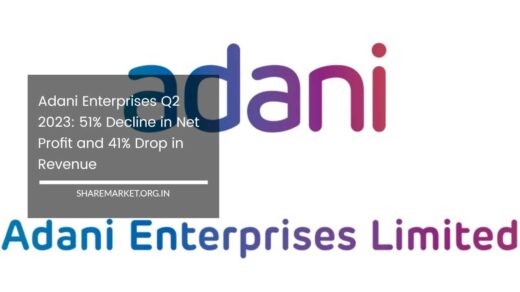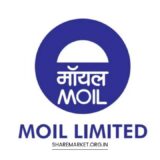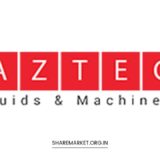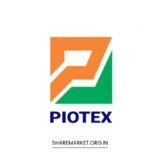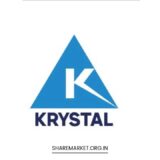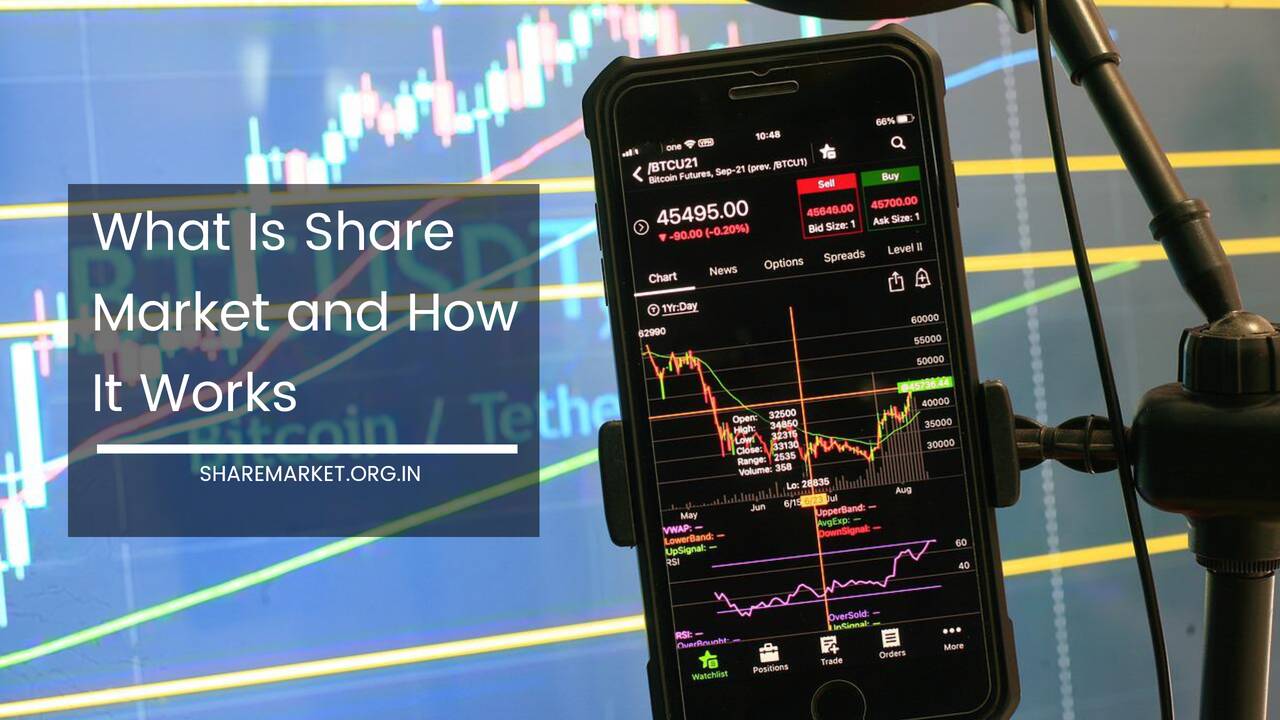Zomato Shares Worth Rs 1,125 Crore Sold in Block Deal
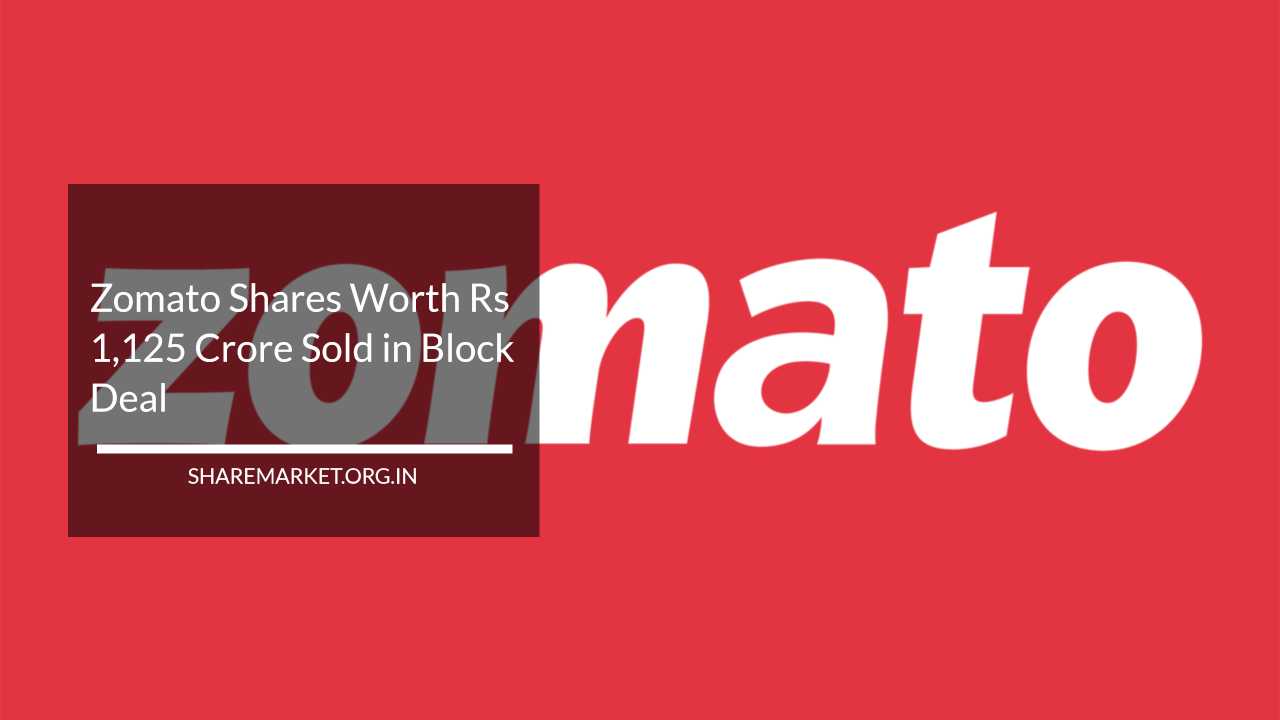
Zomato Shares
Navigating Shifts in Indian Markets: Analyzing Zomato and Pricol Stake Sales
In recent financial developments, significant shifts have occurred in the Indian market, with strategic stake sales impacting key players such as Zomato and Pricol.
These transactions involve major institutional investors, including SVF Growth (Singapore) Pte Ltd, Alipay Singapore Holding Pte Ltd (an Ant Group subsidiary), PHI Capital Solutions LLP, and Goldman Sachs India.
This comprehensive analysis explores the motivations behind these stake sales, their implications for the companies involved, and the broader market dynamics.
Zomato Stake Sales: SoftBank’s Strategic Exit
On December 8, SVF Growth (Singapore) Pte Ltd, a venture capital fund under the umbrella of Japan’s SoftBank, executed a substantial stake sale in Zomato.
The transaction involved 9.35 crore equity shares, conducted through an open market process, at an average price of Rs 120.5 per share.
The total valuation of this transaction reached an impressive Rs 1127.5 crore. This move followed a similar transaction on October 20, where SVF Growth (Singapore) Pte Ltd sold an identical number of Zomato shares at an average price of Rs 111.2 per share.
These consecutive stake sales have exerted downward pressure on Zomato’s stock, leading to a 1.4 percent decrease, with the current share price at Rs 120.
This strategic exit by SVF Growth (Singapore) Pte Ltd from Zomato aligns with a broader trend of SoftBank reassessing its investment portfolio.
The decision to divest such a significant stake suggests a reevaluation of SoftBank’s outlook on Zomato’s future performance or a strategic reallocation of resources.
Moreover, Alipay Singapore Holding Pte Ltd, a foreign investor and Ant Group subsidiary, also divested its stake in Zomato.
The transaction involved the sale of the entire 29.6 crore shares, constituting a 3.44 percent stake, on November 29.
This further underscores a series of stake sales in Zomato, contributing to the recent fluctuations in the company’s stock value.
Pricol Stake Dynamics: PHI Capital Solutions LLP and Goldman Sachs India
Turning to the automotive sector, Pricol experienced a shift in ownership dynamics as PHI Capital Solutions LLP, a private equity firm, sold 30.03 lakh shares in the company.
The transaction occurred at an average price of Rs 333.16 per share, amounting to a total consideration of Rs 100.05 crore.
As of September 2023, PHI Capital Solutions LLP held a 5.73 percent stake, equivalent to 69.84 lakh shares, in Pricol.
Simultaneously, Goldman Sachs India seized the opportunity presented by PHI Capital Solutions LLP’s divestment and acquired the majority of the shares.
In a pre-call transaction, Goldman Sachs India purchased a 2.37 percent stake, equivalent to 28.94 lakh equity shares, at an average price of Rs 333 per share.
The total value of Goldman Sachs India’s acquisition in Pricol reached Rs 96.39 crore.
These transactions in Pricol represent a complex interplay of stake sales and acquisitions, reflecting the dynamic nature of the Indian stock market and the strategic decisions made by institutional investors.
Market Response: GMR Airport Infrastructure
The market response to these transactions has been noteworthy, particularly for GMR Airport Infrastructure. Following the stake sales and acquisitions in Zomato and Pricol, GMR Airport Infrastructure experienced significant market activity.
Its stock rose by an impressive 11.67 percent, closing at Rs 68.90. This marks the highest level for GMR Airport Infrastructure since June 2009, indicating heightened investor interest and confidence in the company.
The surge in GMR Airport Infrastructure’s stock can be attributed to various factors, including positive sentiment stemming from the successful stake acquisition by Goldman Sachs India and potential market realignment following the divestments in Zomato and Pricol.
Navigating the Dynamic Investment Landscape
In conclusion, the recent stake sales in Zomato by SVF Growth (Singapore) Pte Ltd and Alipay Singapore Holding Pte Ltd, along with the strategic movements in Pricol involving PHI Capital Solutions LLP and Goldman Sachs India, reflect the constantly evolving nature of the Indian investment landscape.
Institutional investors are making strategic decisions based on their assessments of market conditions, company performance, and broader economic trends.
The interconnectedness of these transactions highlights the ripple effects across different sectors within the stock market.
As investors navigate this dynamic landscape, the market response to such transactions, exemplified by the surge in GMR Airport Infrastructure’s stock, underscores the intricate relationship between investor sentiment and market performance.
These developments also raise questions about the future trajectory of Zomato, Pricol, and other companies in the Indian market.
As stakeholders reassess their positions and deploy capital strategically, the market will likely witness further transformations, shaping the narrative of India’s corporate landscape in the coming months.
Looking Ahead: Implications and Future Trends
The strategic stake sales and acquisitions discussed herein not only impact the companies directly involved but also have broader implications for the Indian market.
As investors and institutions recalibrate their portfolios, it sets the stage for potential shifts in industry dynamics and competitive landscapes.
One key aspect to watch is how Zomato adapts to the exit of major investors. Will the company leverage this as an opportunity for internal growth and innovation, or will it seek new partnerships to fill the void left by SoftBank and Ant Group?
The answers to these questions will likely shape Zomato’s trajectory in the highly competitive food delivery market.
Similarly, Pricol’s dynamics will be closely monitored. How will the injection of funds by Goldman Sachs India influence the company’s strategic initiatives and expansion plans?
Will this new partnership lead to technological advancements or market expansions? These are critical questions that will unfold in the coming quarters.
Regulatory Landscape and Investor Confidence
Beyond company-specific implications, these transactions also shed light on the regulatory landscape and investor confidence in the Indian market.
The fact that major players like SoftBank and Ant Group are divesting stakes raises questions about their perception of the regulatory environment and the ease of doing business in India.
Conversely, the entry of Goldman Sachs India into Pricol signifies a continued interest and confidence in specific sectors of the Indian economy.
It speaks to the attractiveness of certain opportunities despite the challenges posed by global economic uncertainties and regional regulatory variations.
Global Economic Trends: Impact on Indian Investments
The stake sales and acquisitions are occurring against the backdrop of global economic trends that continue to influence investment decisions.
The shifts in energy prices, geopolitical developments, and broader economic indicators can impact investor sentiment and influence the strategic decisions made by institutional investors.
As the world navigates through economic uncertainties, Indian markets may experience both challenges and opportunities.
The ability of companies to adapt to changing global dynamics and investor preferences will play a pivotal role in shaping their future performance.
Final Thoughts: Adaptability in a Dynamic Market
In conclusion, the stake sales in Zomato and Pricol, orchestrated by prominent institutional investors, paint a vivid picture of the adaptability required in navigating the dynamic Indian market.
Companies must be agile in responding to changes in ownership structures, investor sentiment, and global economic conditions.
Investors, on the other hand, need to carefully analyze the implications of such transactions, considering not only the immediate impact on stock prices but also the long-term strategic positioning of the companies involved.
The Indian market’s resilience and capacity for growth will be tested as it continues to attract global attention and investments.
As the dust settles from these recent transactions, market participants will keenly observe how Zomato, Pricol, and other entities respond to the evolving landscape.
The coming months will reveal whether these strategic moves were catalysts for positive transformation or signals of challenges that lie ahead.
In the intricate dance between investors, companies, and regulators, the only constant is change, and success will belong to those who can adeptly navigate the currents of this ever-evolving market.

